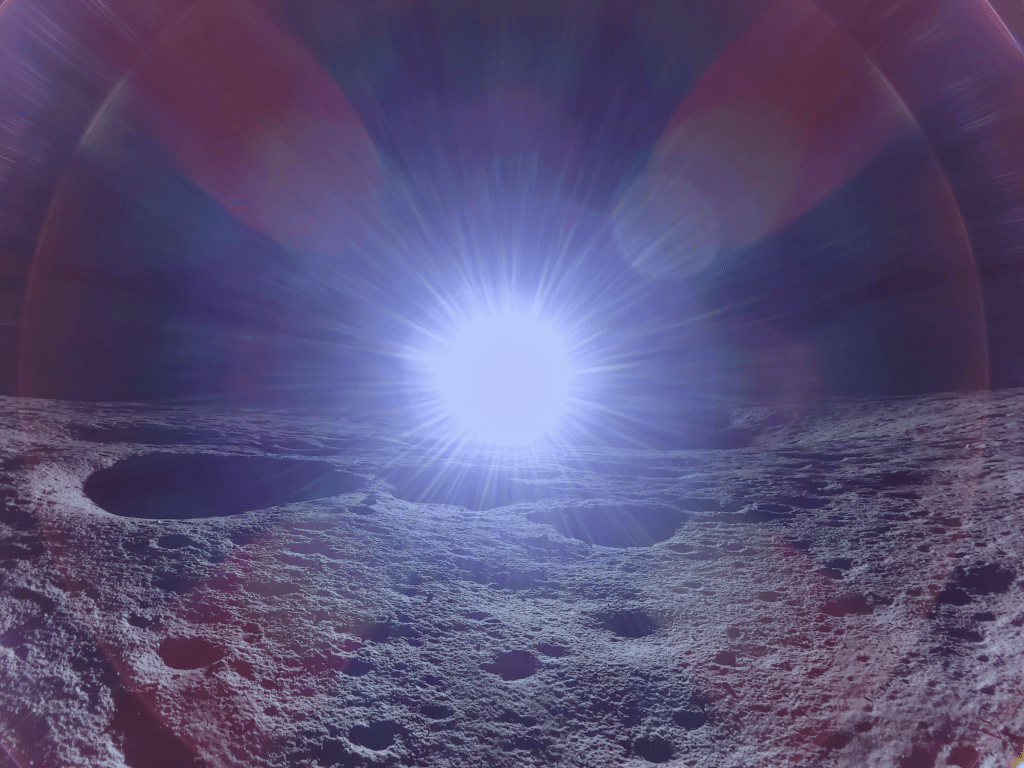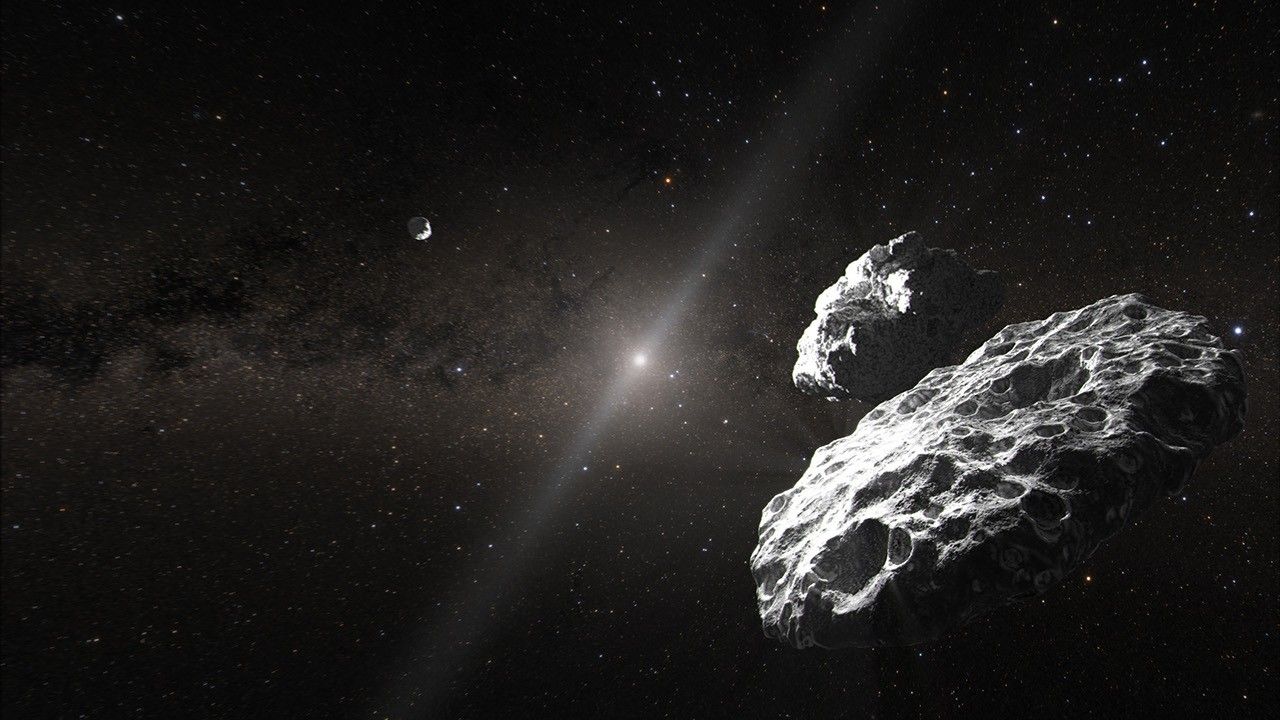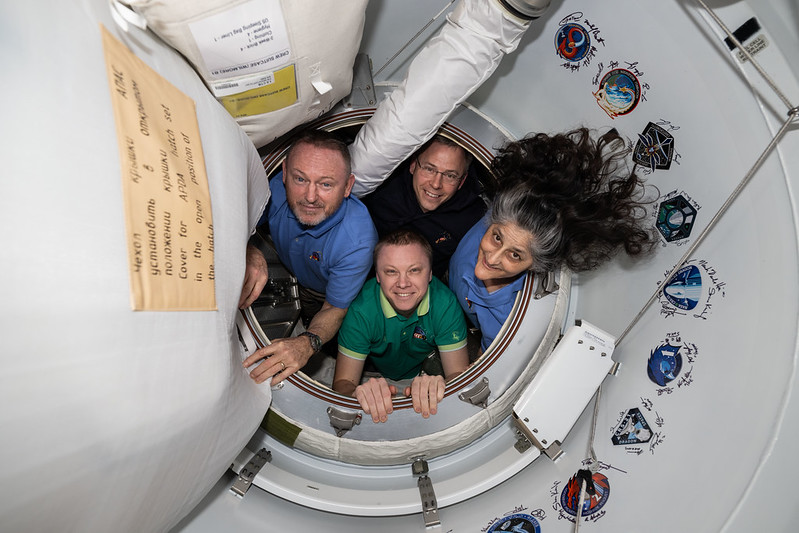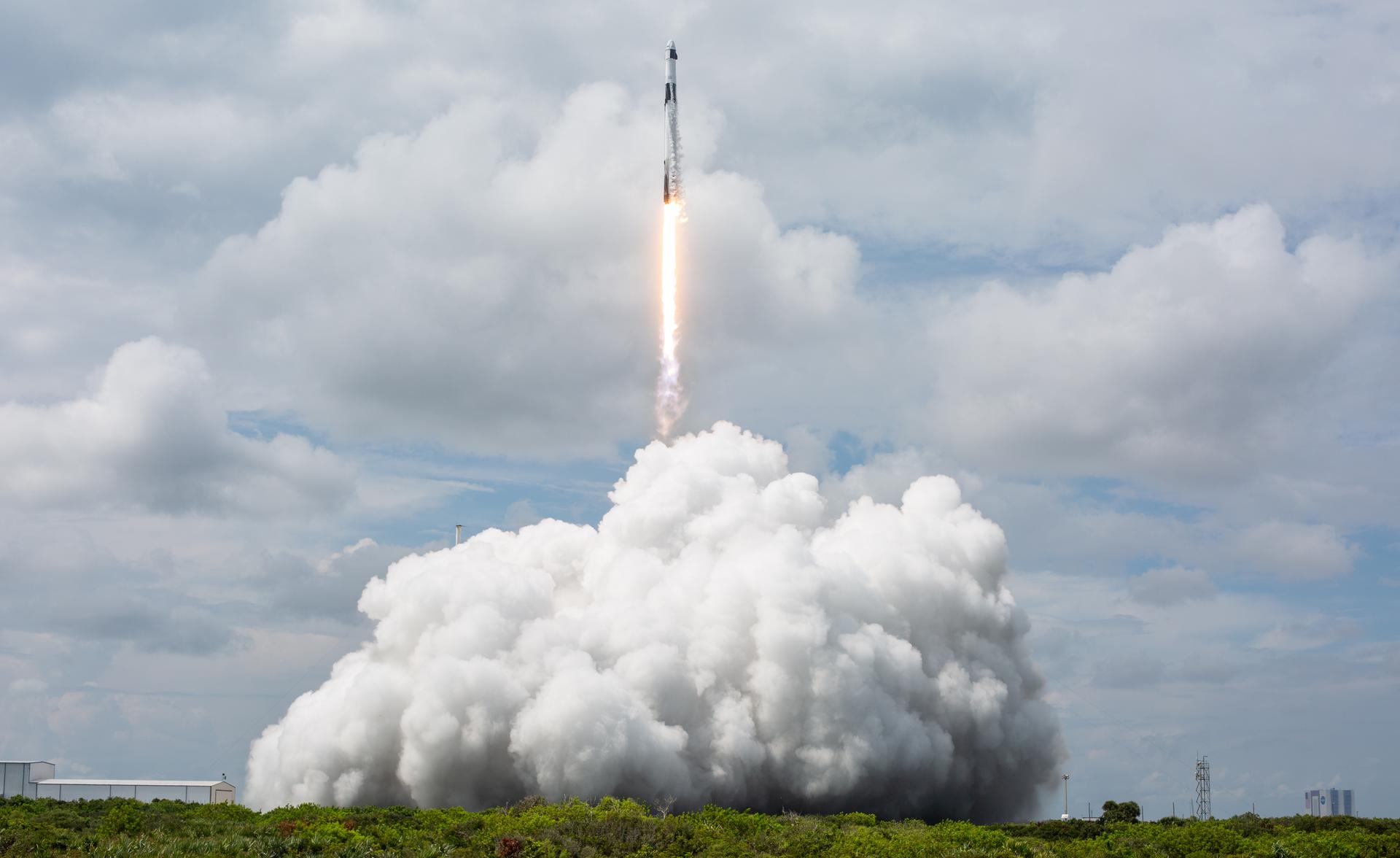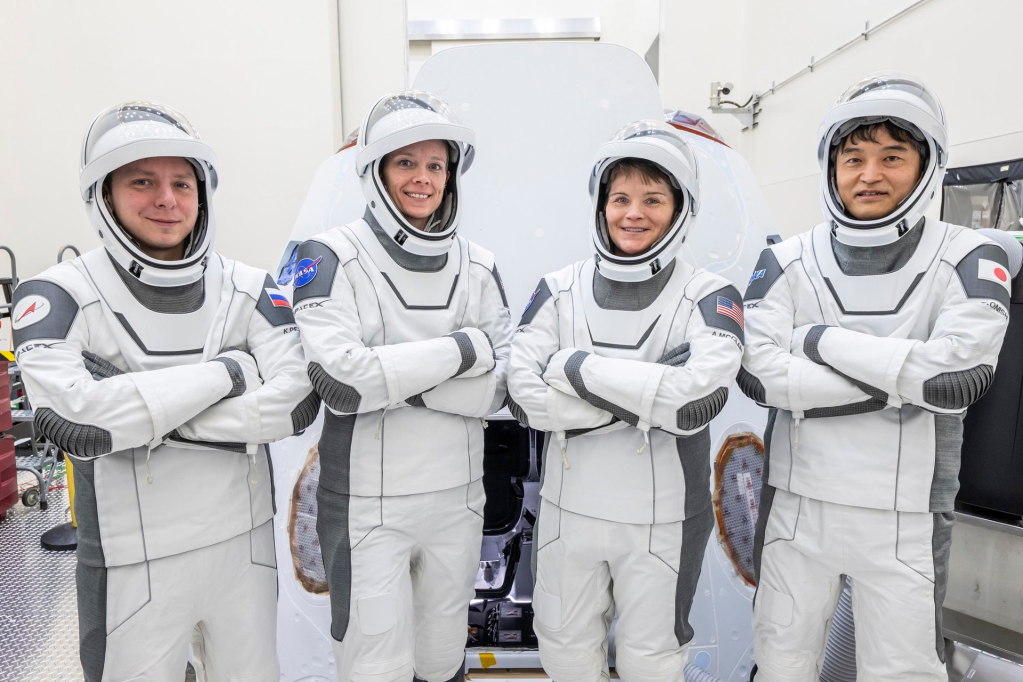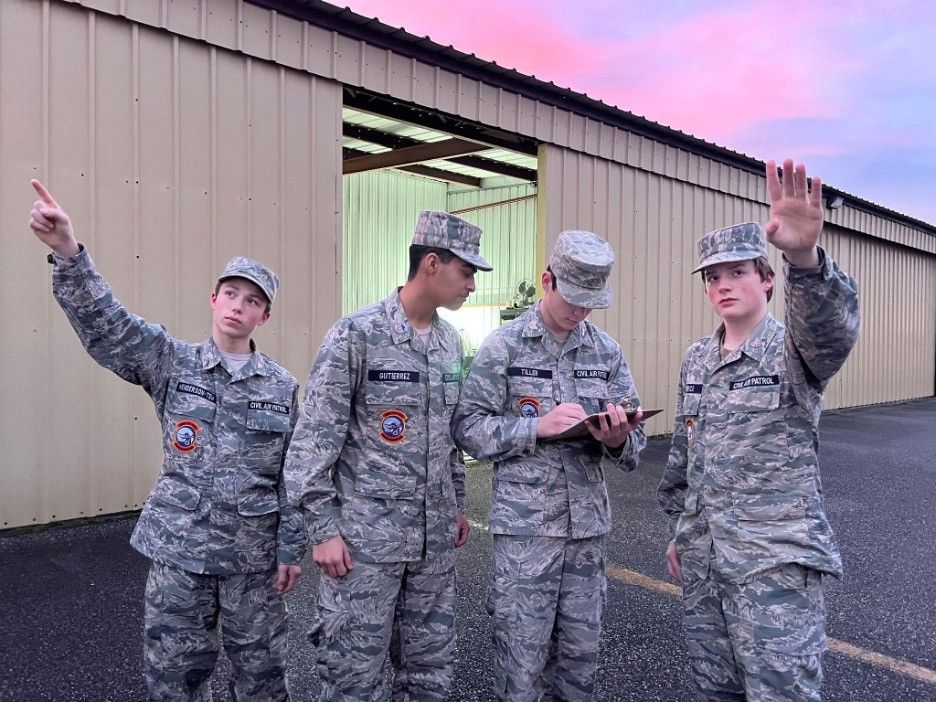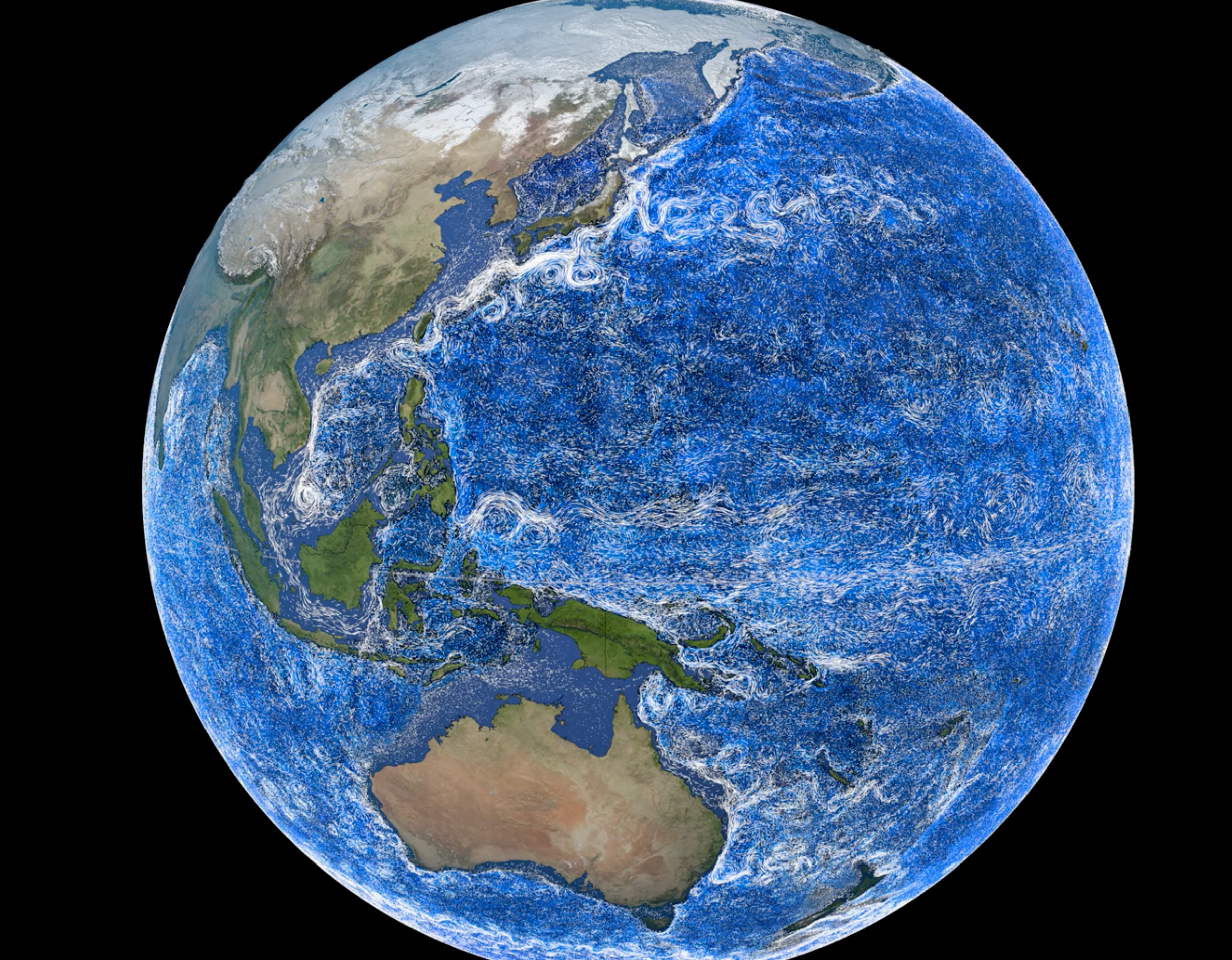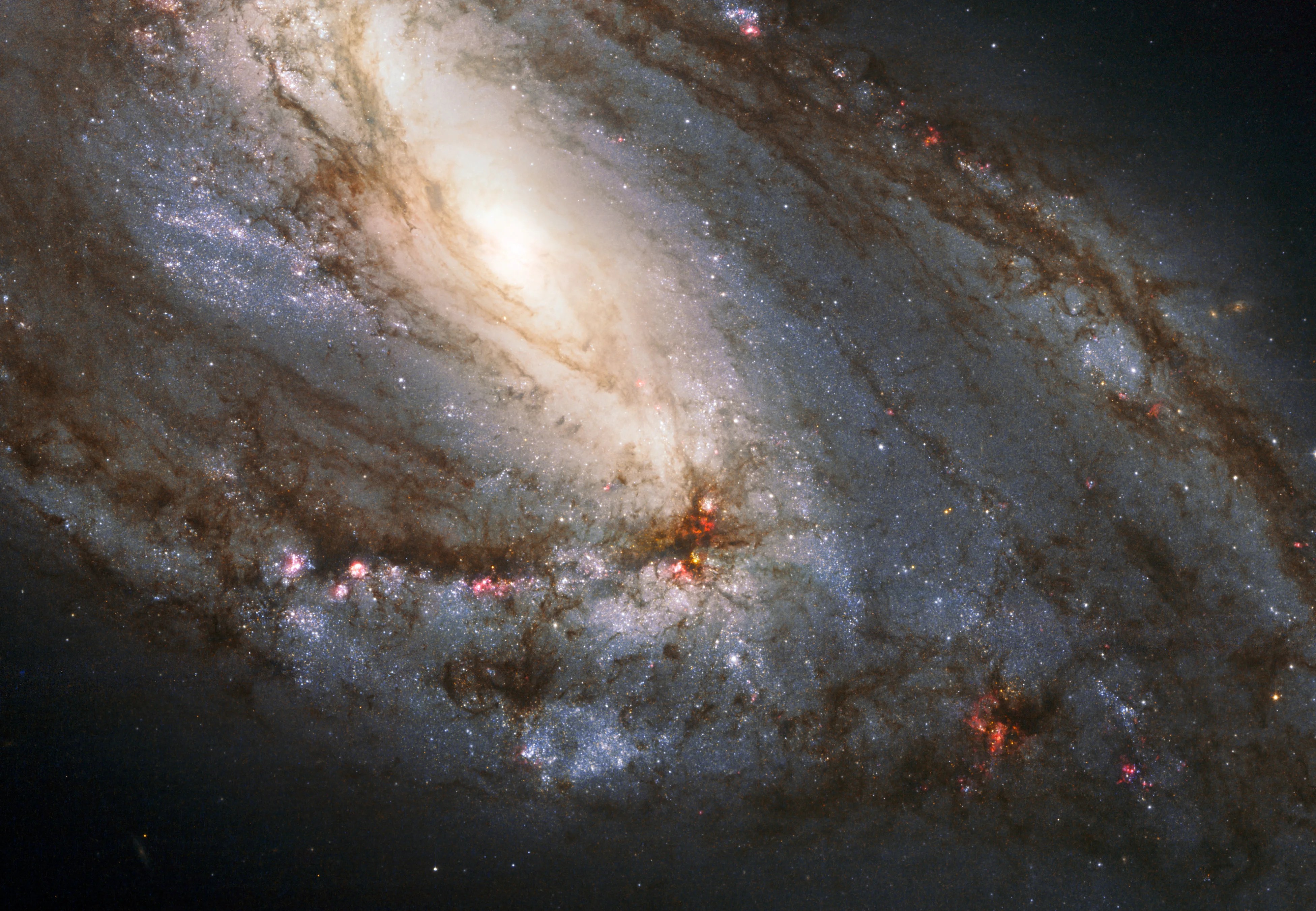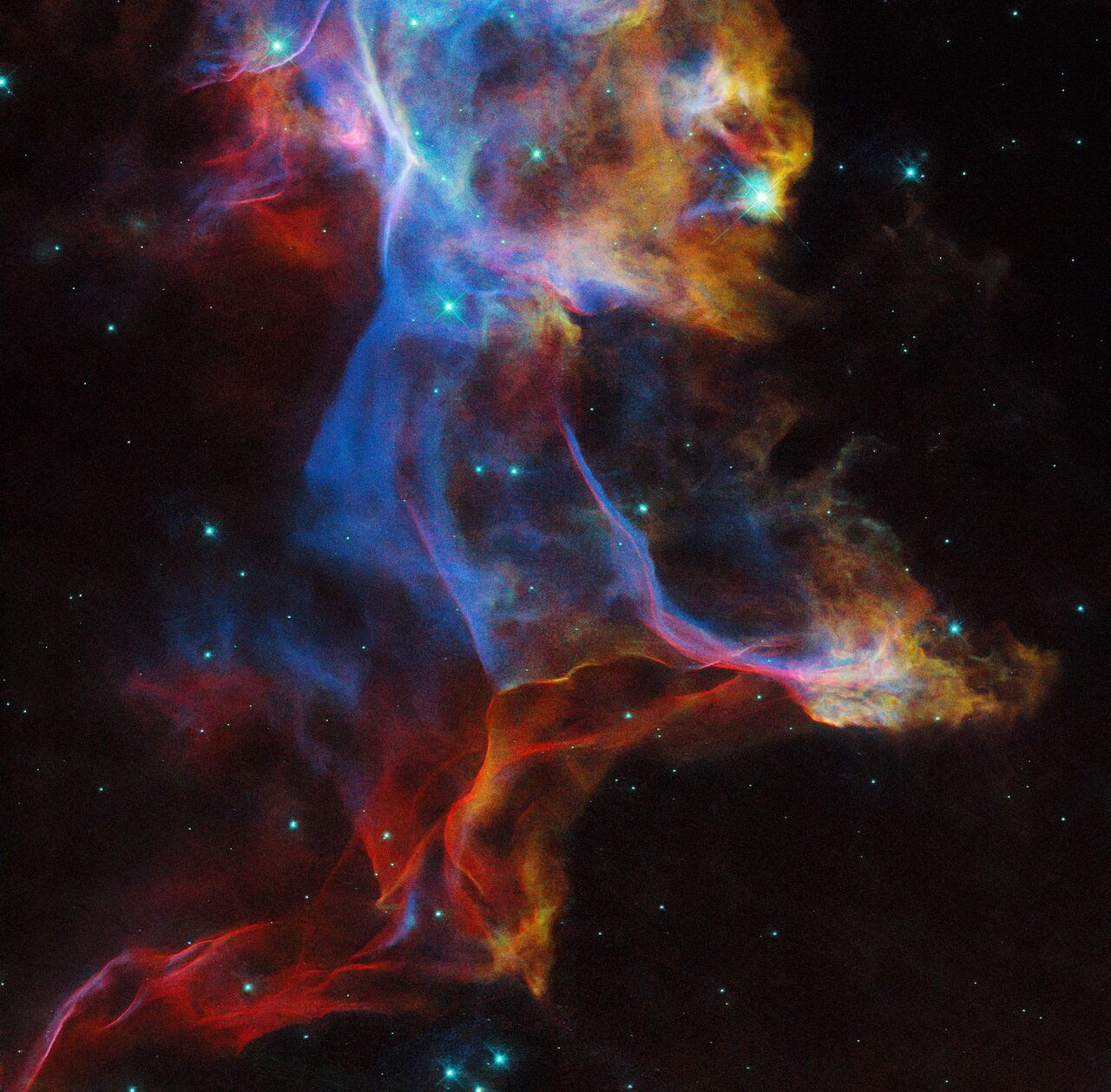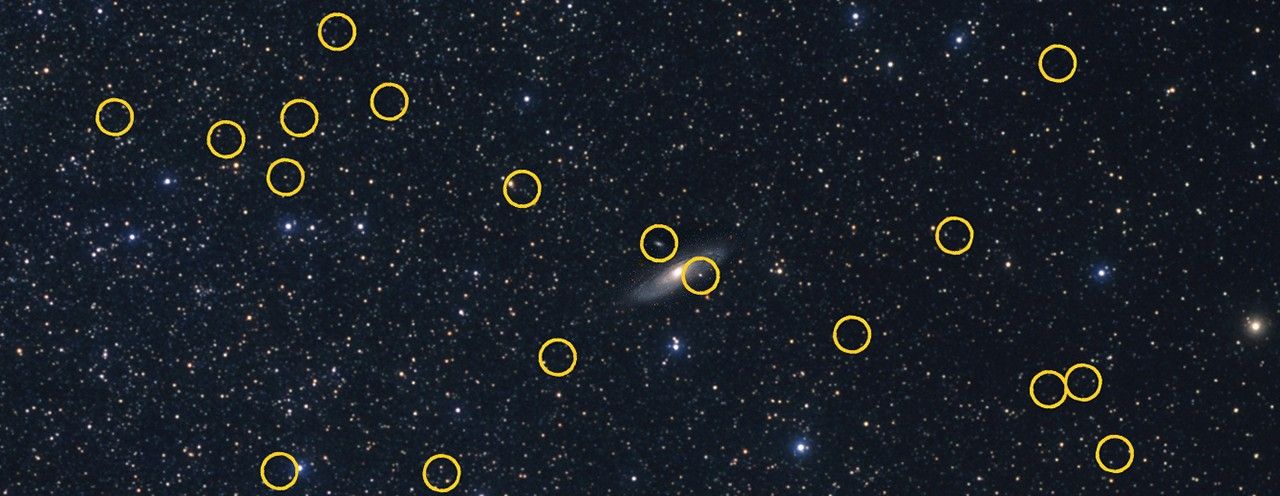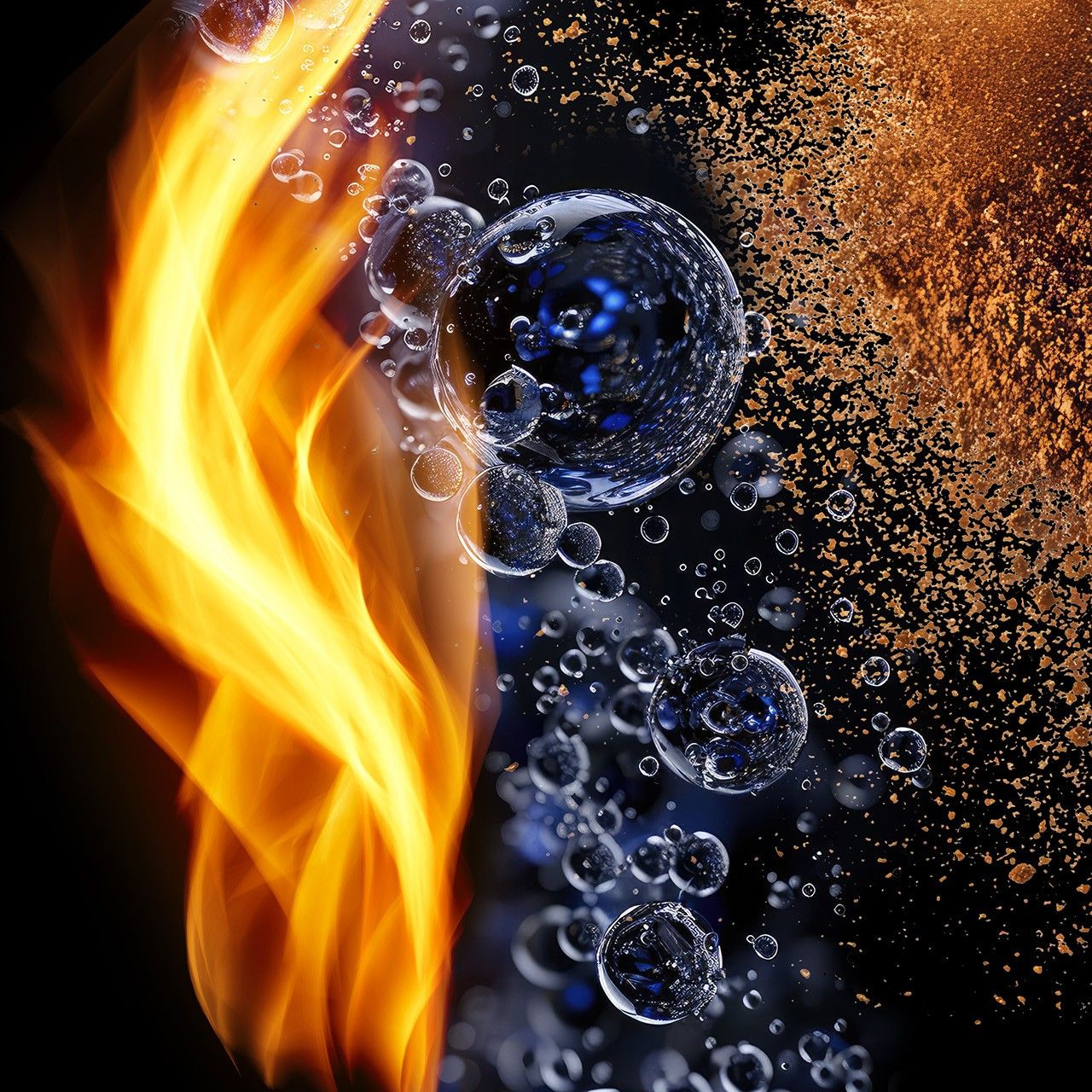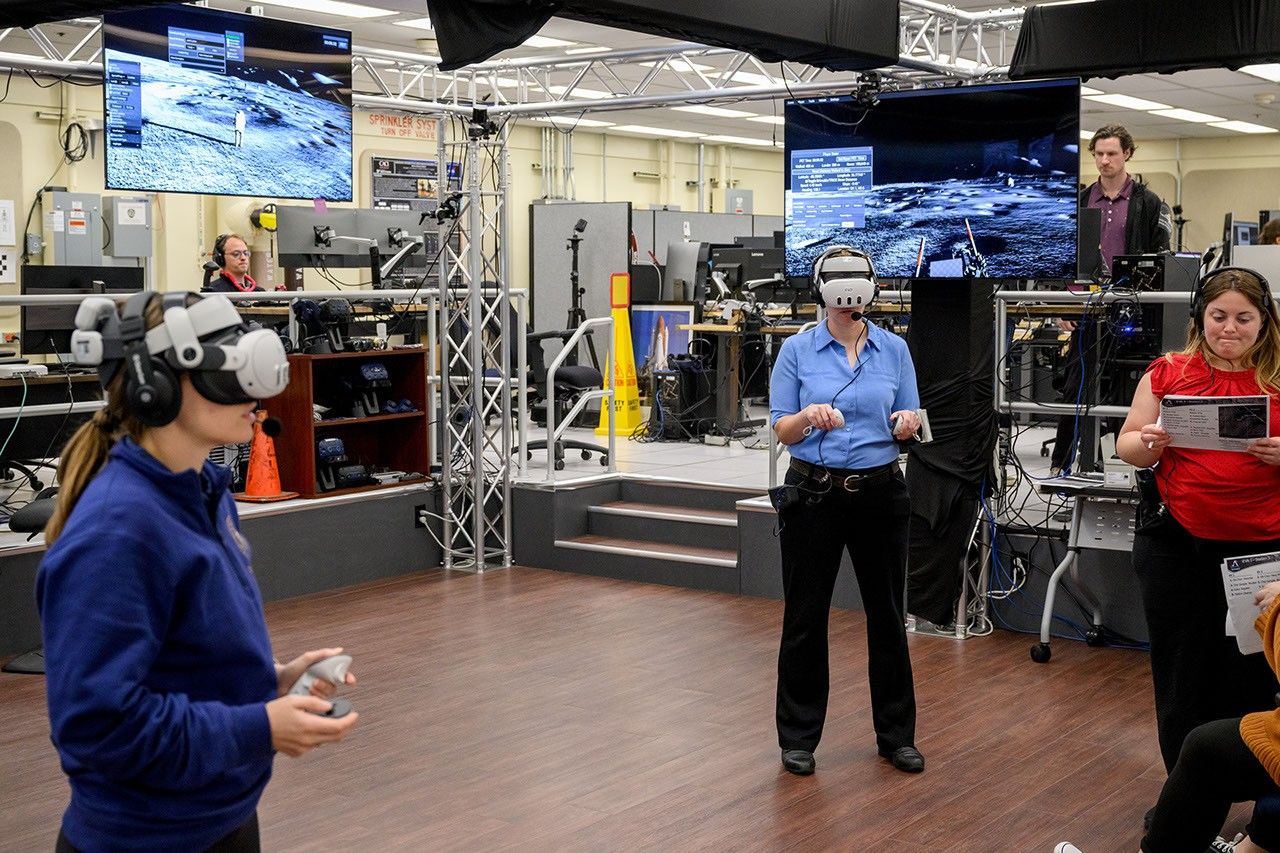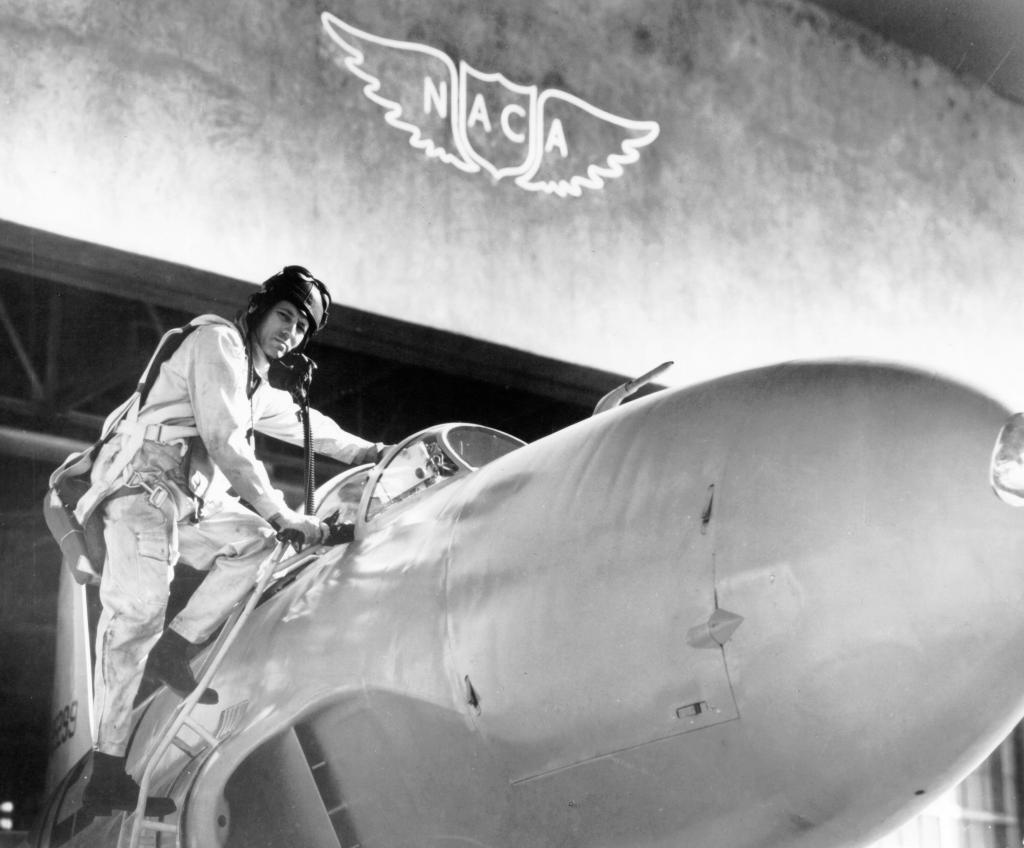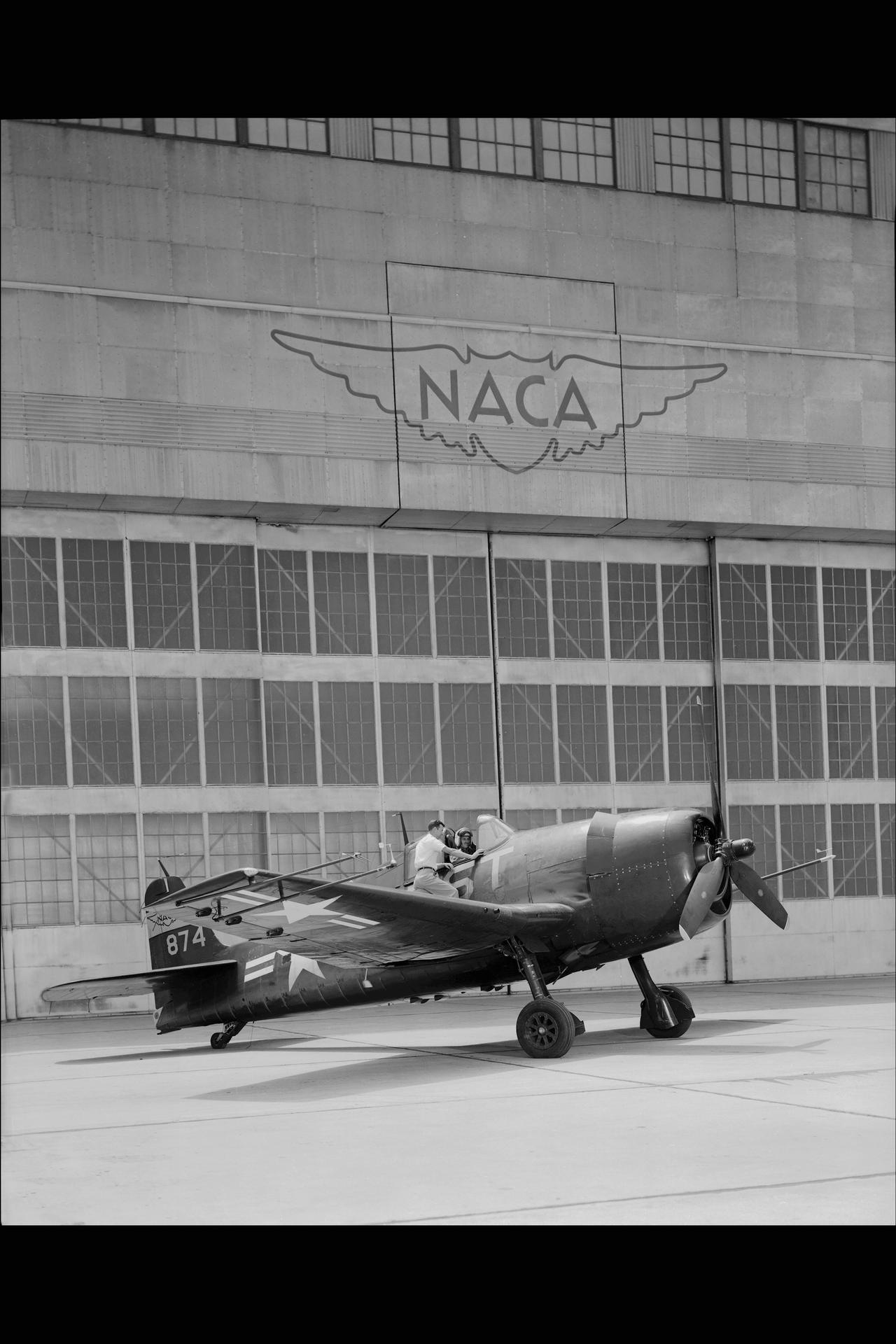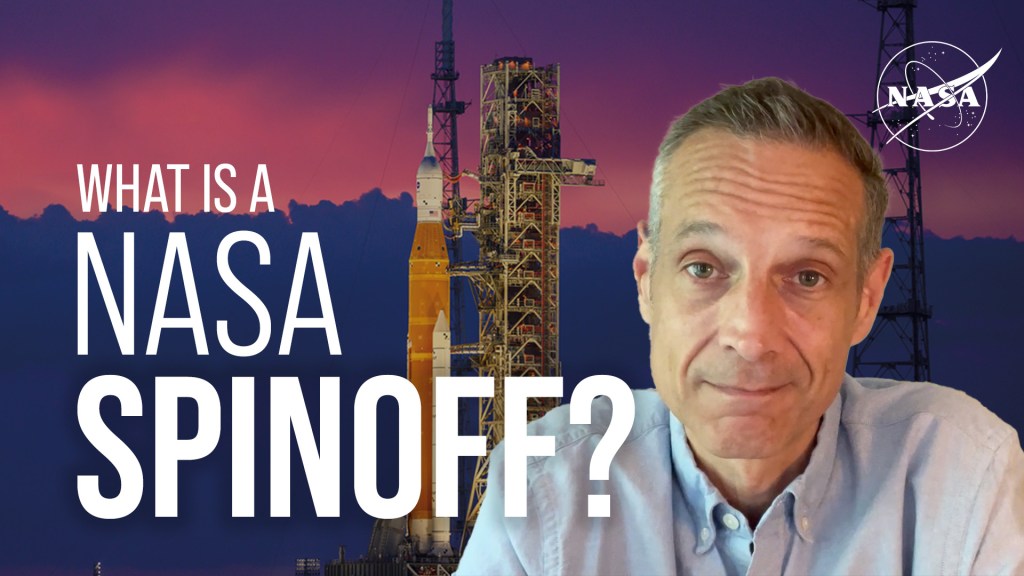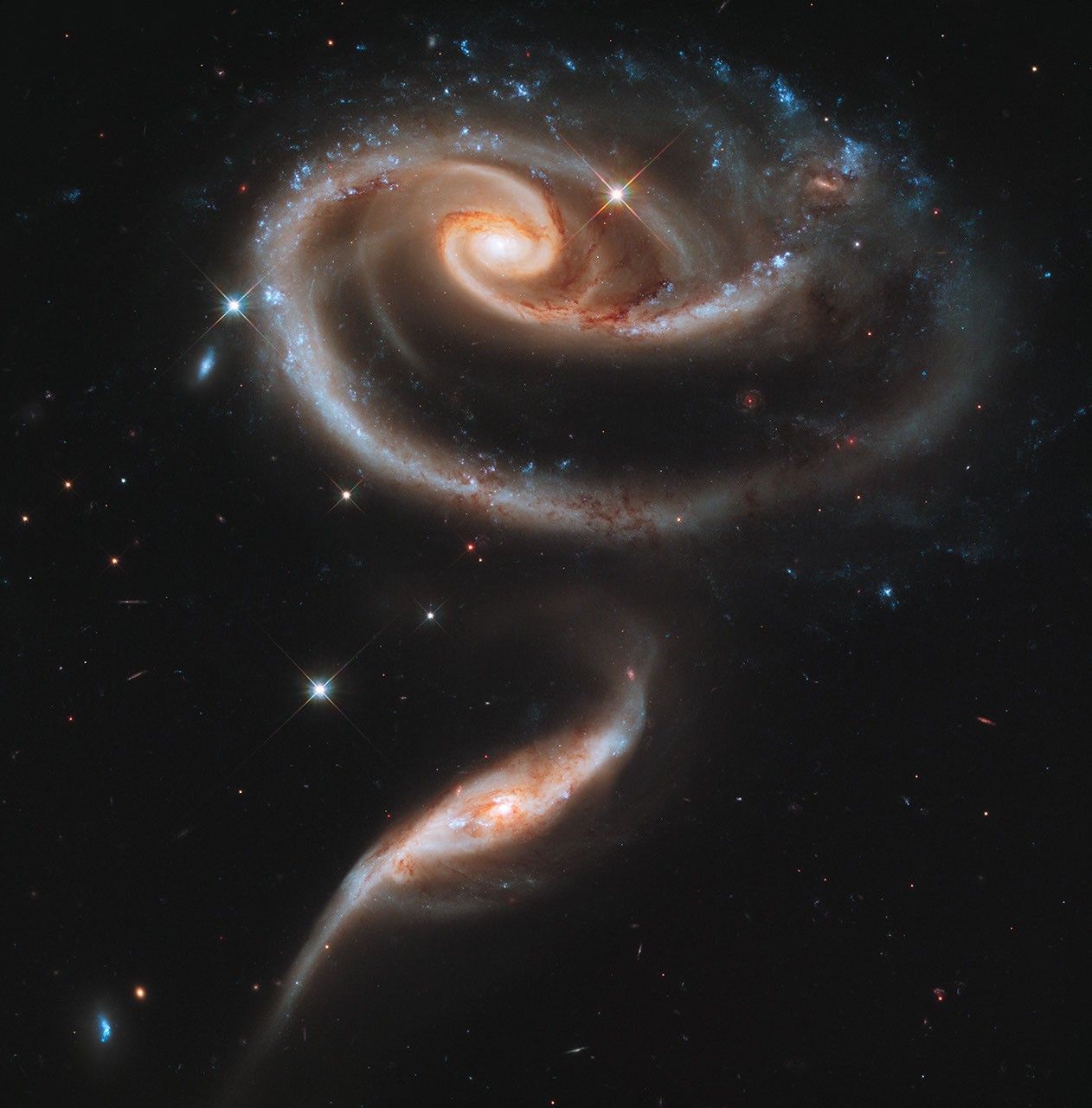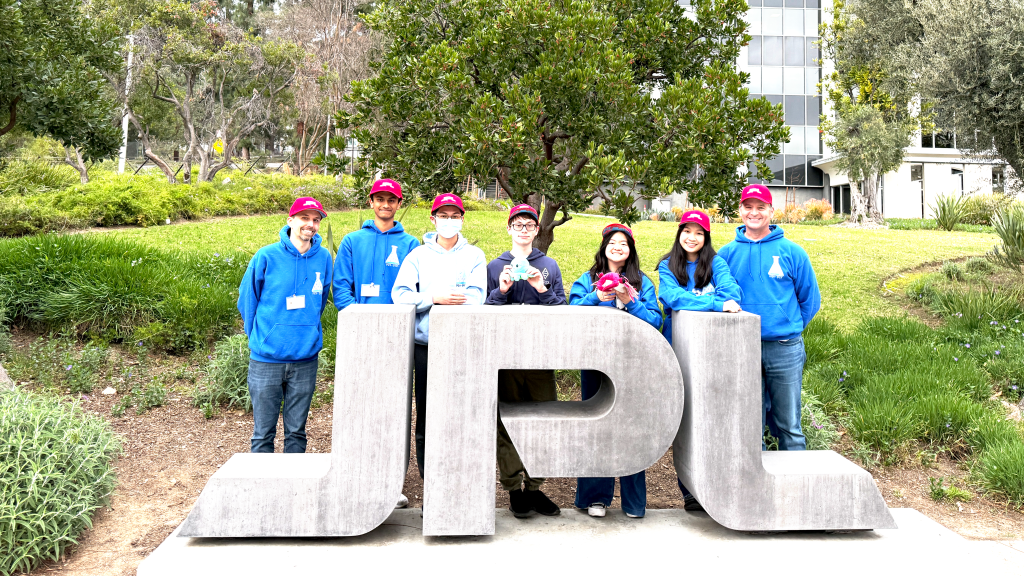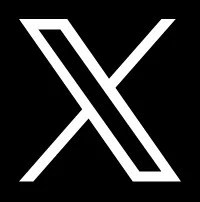Analysis Working Groups (AWG)
- Analysis Working Groups (AWG)
- Charter
- Current AWG Members
- AWG Forum
- AWG Annual Reports: 2018 2019
- AWG Workshops: 2018 2019 2021 2023
- AWG Symposia: 2022 2023 2024
Open Science Analysis Working Group Charter
Since their inception in 2018, the Analysis Working Groups (AWGs) have evolved and adopted some new changes to the way they operate. In 2025, the existing AWG charter was revised to reflect some of those modifications, and below is a list of the major changes from the original version:
- Removed specific descriptions of each AWG
- Replaced references to “GeneLab” with “OSDR”
- Removed wording specifying required expertise, since AWG members are no longer selected based on expertise
- Removed reference to sharing AWG products via OSDR workspace
- Removed wording on applicant selection and student sponsorship
- Added wording regarding prohibited bi-lateral communication between NASA affiliates and citizens of designated countries
With the above changes in mind, the charter below signifies the new mode of operation for each AWG.
Purpose
The NASA Open Science Data Repository (OSDR) contains multi-modal and multi-hierarchical fundamental space life science data spanning: omics, phenotypic, physiological, behavioral, biomedical, bioimaging, environmental telemetry; tabular, text, code, imaging, video; raw, processed. These data and metadata are available for reuse toward basic science, applied science, and operational outcomes for space exploration and knowledge discovery. OSDR also has open and free public trainings and data analysis/visualization tools for users. To learn more about OSDR, here is a publication covering all aspects. Here are OSDR’s tutorials, the repo itself, the multi-study viz portal, the environmental data application, and RadLab.
The AWGs are separate and distinct from OSDR, and consist of members who voluntarily collaborate and engage in two main activities:
- One, members provide feedback on scientific standards for reuse (subject and assay metadata; processing pipelines; dataset formats and uniformed structures for machine-readability). Cumulative consensus on standards and feedback can be found here:
- Two, AWG members collaborate to mine-reuse OSDR data to conduct scientific investigative analyses, which sometimes leads to peer-reviewed publications. AWG collaborations have resulted in dozens of publications notably a portion in the following package of articles:
Organization and Function
The AWGs aspire to scientific excellence and participation in AWGs is strictly on a volunteer basis. The primary activities of each AWG are to establish analytical processes to generate higher order data from data hosted on OSDR with relevance to one or more specific application areas, provide input for data standardization and processing, and publish scientific insights using the data and resources in OSDR. Each AWG should have a specific scientific focus area, such as animals, plants, microbes, or a specific analytic focus area, such as multi-omics or artificial intelligence.
Precisely how each AWG reaches their goals will be determined by the AWGs themselves but, in general, AWGs should hold frequent in-person or virtual meetings to organize their work and review progress. The schedule for delivering the above products is set by each AWG Chair in consultation with the OSDR-AWG liaison (OSDR point-of-contact for AWG members) and the other AWG participants.
Participation
AWG participation is entirely voluntary and participants are not compensated.
Chairs – All AWGs will have a chair (or co-chairs) elected by the majority of the current AWG participants. Chairs can serve up to 3 years before an election will take place, at which point the members may elect to nominate a new Chair or keep the current Chair. During the election period, participants can self-nominate, and elections shall be led by OSDR or NASA members, who are not a sitting or candidate AWG Chair, to alleviate conflicts of interest.
If a Chair is not elected, OSDR shall select an interim Chair until participants reach a majority. Chairs will lead the AWGs and will draft a schedule and review progress of each AWG towards achieving their goals.
OSDR Representative – Each AWG will have a designated representative from OSDR to help ensure outcomes of the work meet criteria and to otherwise support the work of the AWG. An OSDR representative can also be chair of an AWG.
Coordinators – The following Coordinators will be selected on a volunteer basis by each AWG. Multiple coordinating functions may be performed by a single Coordinator.
- Analysis Coordinator – The analysis coordinator tracks the progress of individual analyses, ensuring that analyses are done in a consistent and reproducible manner, sets deadlines for completion of individual analyses, and collects and organizes interim and final analysis results.
- Communication Coordinator – Assembles information for newsletter or manuscript sections, ensures consistency in writing and figure styles, and sets goals for the completion of articles or newsletter.
Expectations for AWG Participation
Participation in AWGs is open to all investigators (e.g. academic, government, private sector), students (e.g. high-school, undergraduates, graduates, interns), and citizen scientists; however participants must be willing to:
- Contribute significantly to the two purposes of the AWG (outlined above in more detail) which are:
- Provide feedback on scientific standards for data-metadata reuse
- Collaborate to mine-reuse OSDR data to conduct scientific analysis
- Take part in group activities including periodic teleconferences. Participants are expected to actively contribute to the group goals (see above).
- Share AWG products with other AWG participants.
Attendance at meetings is expected for all AWG members. Periodic renewals are conducted to ensure active participation.
Benefits of AWG Participation
By participating in an AWG, members join a group of scientific excellence and may co-author a landmark paper. They will help set data and analysis standards for the community and may develop relationships that could lead to additional collaborations.
Citations
Work or activities accomplished by the AWG participants can be cited (e.g. in a resume) as follows:
- Publications (acknowledgement with example)
- Last name, first and middle initial. “Title of publication.” Name of Journal , volume number, issue number, date of print publication, page numbers. [Acknowledged in publication]
- Example citation: Smith, J. “GeneLab: The NASA Systems Biology Platform for Space Omics Repository, Analysis and Visualization.” Patterns , vol 2, no 6, February 2021, pg 78-83. [Acknowledged in publication]
- Last name, first and middle initial. “Title of publication.” Name of Journal , volume number, issue number, date of print publication, page numbers. [Acknowledged in publication]
- In abstract submissions for conference presentations:
- Author(s) of abstract. Title of abstract [abstract]. Name of conference and date, place of conference.
- Example citation: Galazka JG, Gebre SG. GeneLab: The NASA Systems Biology Platform for Space Omics Repository, Analysis and Visualization [abstract]. COSPAR 2022, Austin, TX (or virtual). [Work submitted while an active member of OSDR Microbes AWG]
- Author(s) of abstract. Title of abstract [abstract]. Name of conference and date, place of conference.
- Conference presentation slides:
- Role (as presenter, panelist, keynote speaker), Title/topic discussed. Forum/conference name and date, Location. [Work accomplished while an active member of OSDR AWG]
- Example citation: Presenter, Spatial gene expression analysis of spaceflight effects on mouse heart and brain. ASGSR 2021, Baltimore, MD. [Work accomplished while an active member of OSDR Animal AWG]
- Role (as presenter, panelist, keynote speaker), Title/topic discussed. Forum/conference name and date, Location. [Work accomplished while an active member of OSDR AWG]
- Workshops
- Role (as presenter, panelist, keynote speaker), Title of presentation. Name of workshop year, city, state (or virtual). [Work accomplished while an active member of OSDR Microbes AWG]
- Example citation: Presenter, GeneLab: The NASA systems Biology Platform for Space Omics Repository, Analysis and Visualization. AWG Workshop 2021, virtual. [Work accomplished while an active member of OSDR Microbes AWG]
- Role (as presenter, panelist, keynote speaker), Title of presentation. Name of workshop year, city, state (or virtual). [Work accomplished while an active member of OSDR Microbes AWG]
- Social media
- Author last name, first name or account name. Description of post. Social media platform, day month year of post, time of post, URL.
- Example citation: NASA GeneLab. New spaceflight datasets available now. Twitter, 17 Feb. 2022, 10:10 am, https://twitter.com/NASAGeneLab/status/1494373743824556052. [Social Media post for OSDR Animal AWG, only add this if the social media account is in your name and not an AWG account]
- Author last name, first name or account name. Description of post. Social media platform, day month year of post, time of post, URL.
- Press
- Source. (year, month day). Title of press release [Press release for GeneLab’s AWG]. Retrieved from URL.
- Example citation: OSDR website. (2021, September 5). GeneLab and AWGs enable the analysis of RNA-seq data by a consensus pipeline [Press release for GeneLab’s Multi-Omics AWG]. Retrieved from https://genelab.nasa.gov/GeneLab_RNAseq_pipeline
- Source. (year, month day). Title of press release [Press release for GeneLab’s AWG]. Retrieved from URL.
Disclaimer
Participants cannot use Open Science AWG membership as a means to claim any direct affiliation with NASA. Participants can, however, list AWG membership on their CVs in the following manner, shown in the example below.
- Active member (or chair) of the Open Science Plant AWG since 2020. https://awg.osdr.space/u
Invited speakers who attend an AWG meeting to present but are not an active AWG member cannot claim AWG or any other NASA partnerships as a result of their presentation.
Code of Conduct
AWGs are strongly committed to ensuring that all meetings and interactions are conducted with the highest possible levels of professional conduct. To this end, the AWGs are adopting the following Code of Conduct for all members:
Expected Behavior
- All participants are treated with respect and consideration.
- Be considerate, respectful, and collaborative. Communicate openly with respect for others, critiquing ideas rather than individuals.
- Anyone requested to stop unacceptable behavior is expected to comply immediately. If the individual does not comply, chairs, co-chairs, and OSDR representatives may take any action deemed necessary and appropriate, including immediate removal from the meeting or the AWG.
- Do not interrupt others or talk over others.
- Be mindful of bias in all contexts.
- AWG chairs, co-chairs, and OSDR representatives should step in immediately to address abusive or bullying behavior.
- Be respectful of all regardless of differences (professional or otherwise).
- All members should work to create an environment free of harassment.
- NASA employees and contractors shall not engage in bi-lateral communications with citizens of designated countries.
Unacceptable Behavior
- Harassment, intimidation, or discrimination in any form will not be tolerated.
- Physical or verbal abuse of any participant.
- Unprofessional demeanor or inappropriate behavior in meetings, workshops, email, etc.
Membership Termination
Leadership (the OSDR point-liaison or main AWG Administrator) has the right to remove AWG members who have violated the Code of Conduct.
Reporting Unacceptable Behavior
If you are the subject of unacceptable behavior or have witnessed any such behavior, please notify chairs or OSDR representatives immediately. Notification should be done by contacting the chairs and/or OSDR representatives or by emailing your concern to
arc-dl-osdr-help@mail.nasa.gov.
Last updated 1/22/2025

